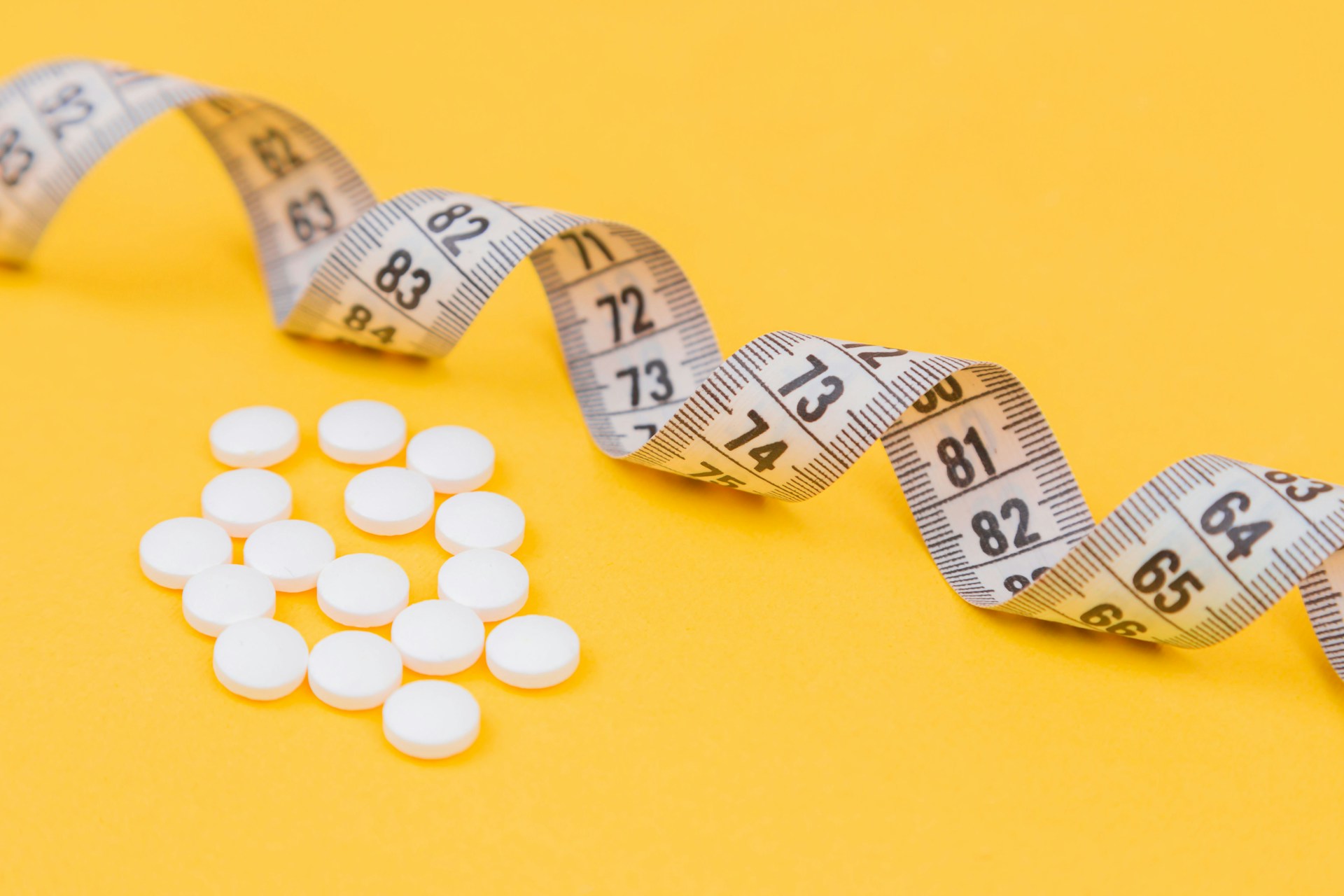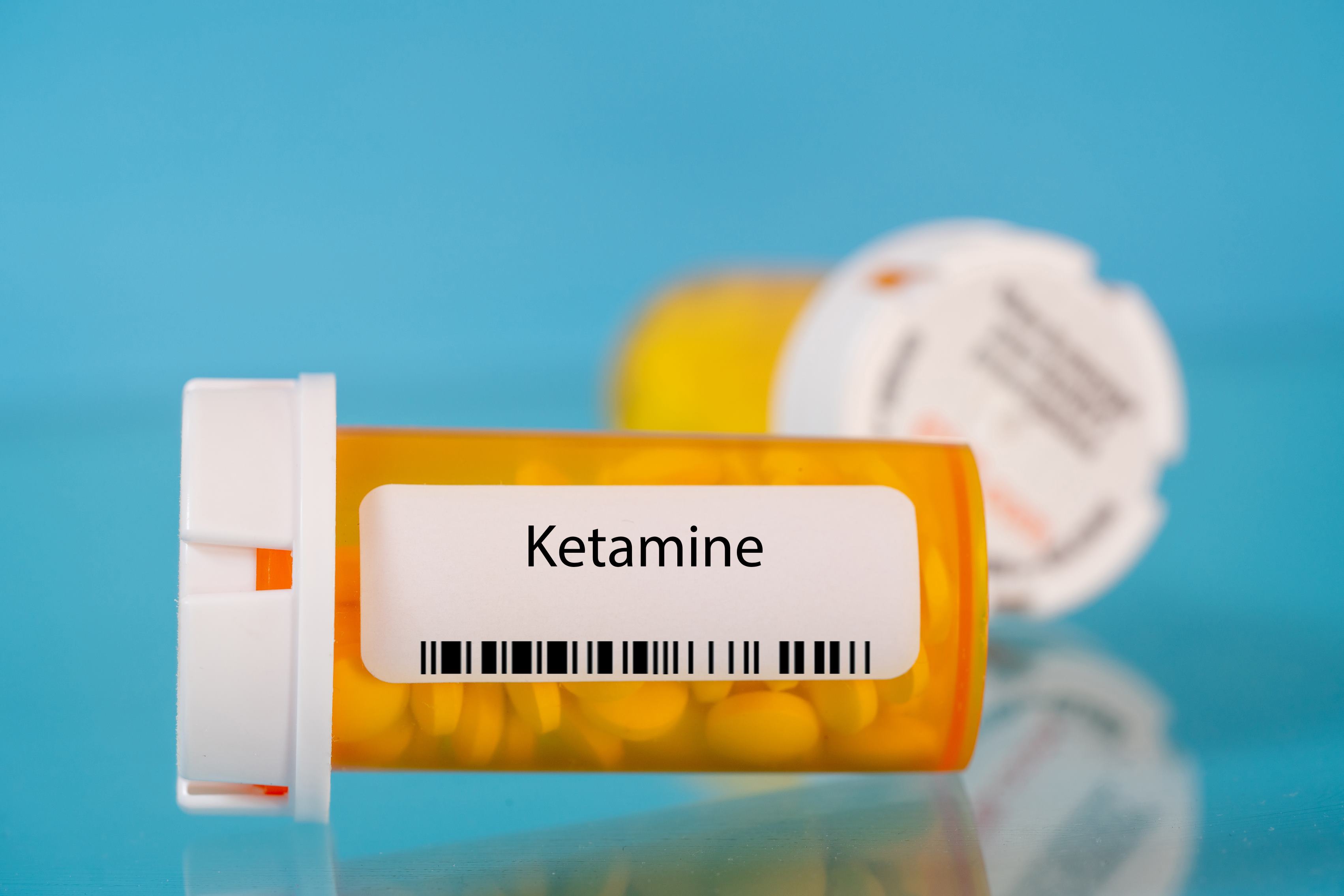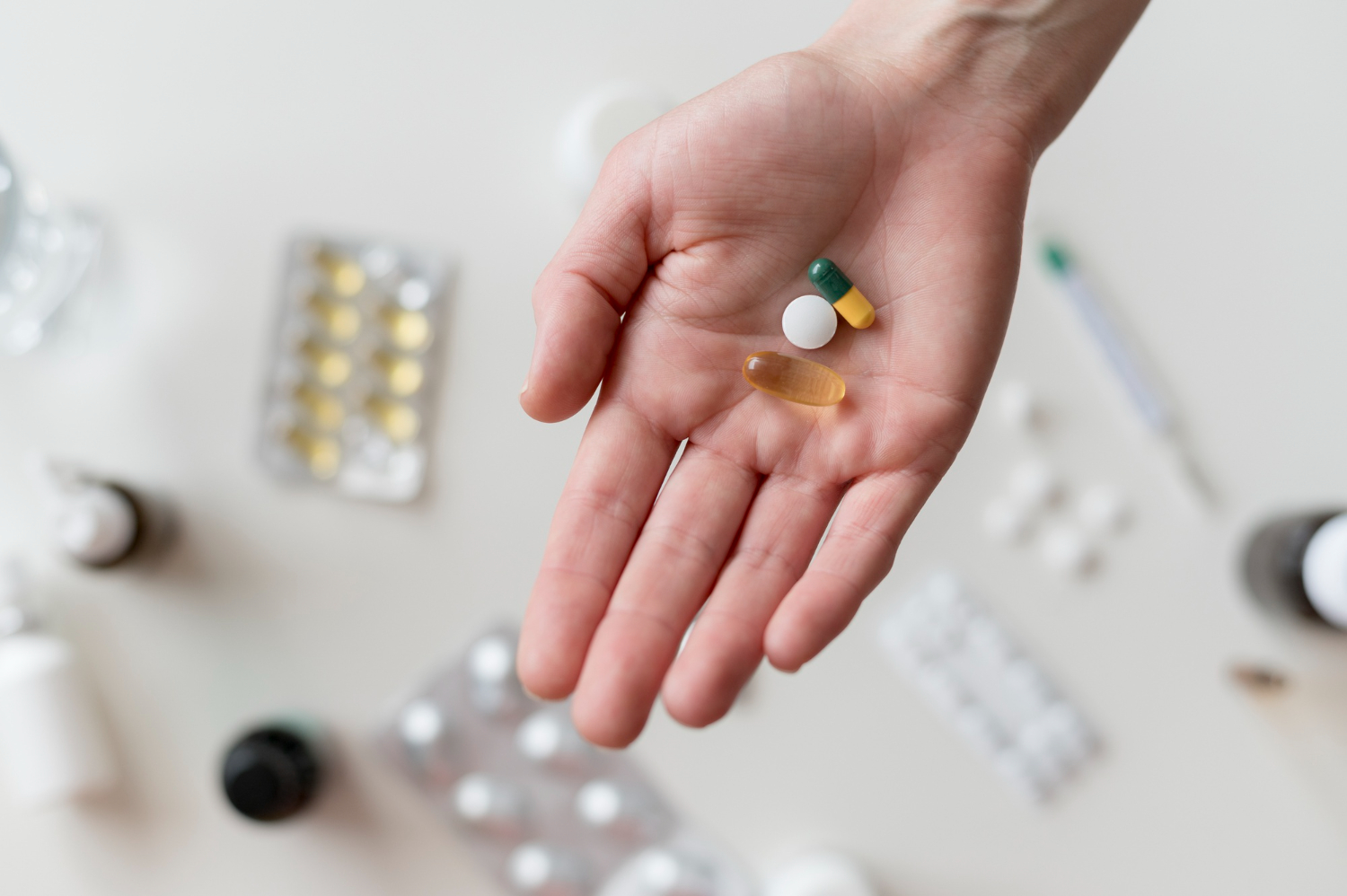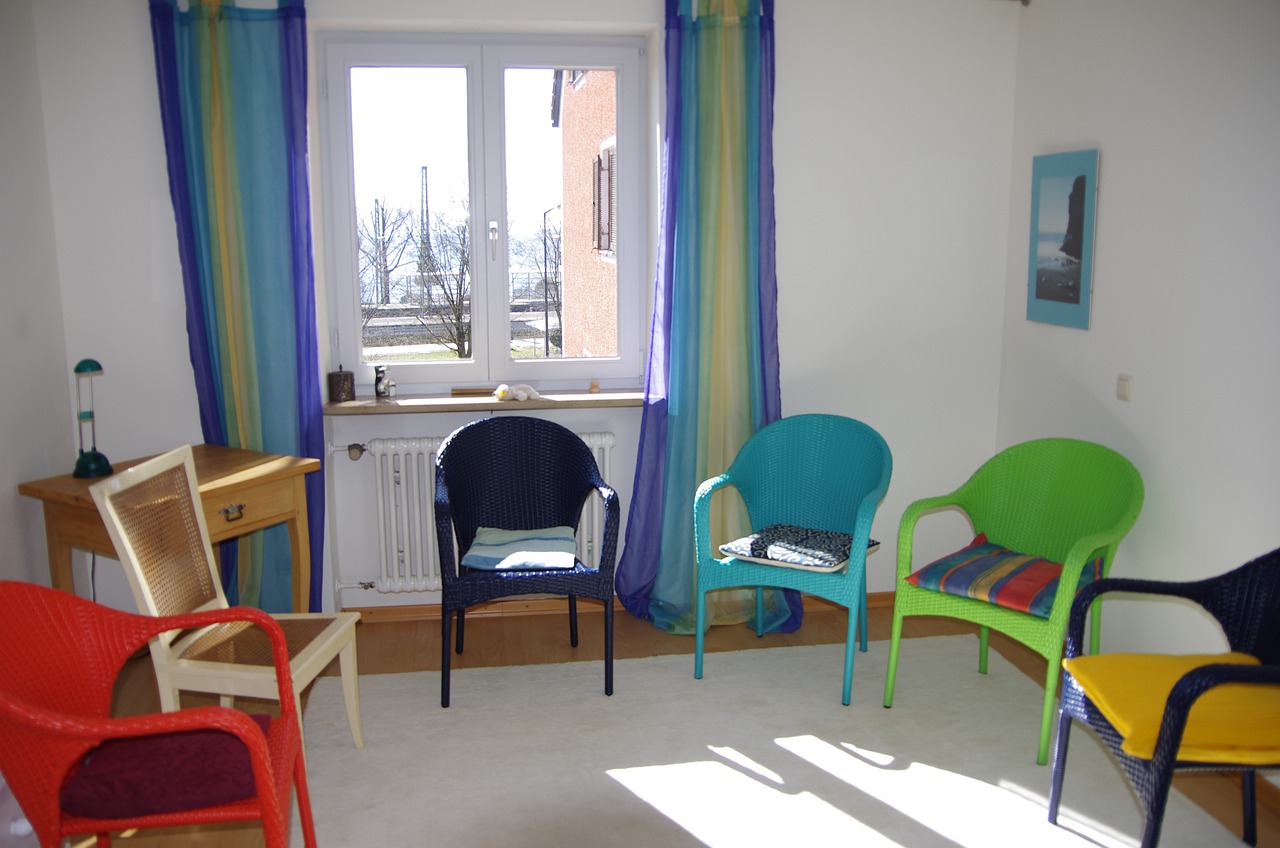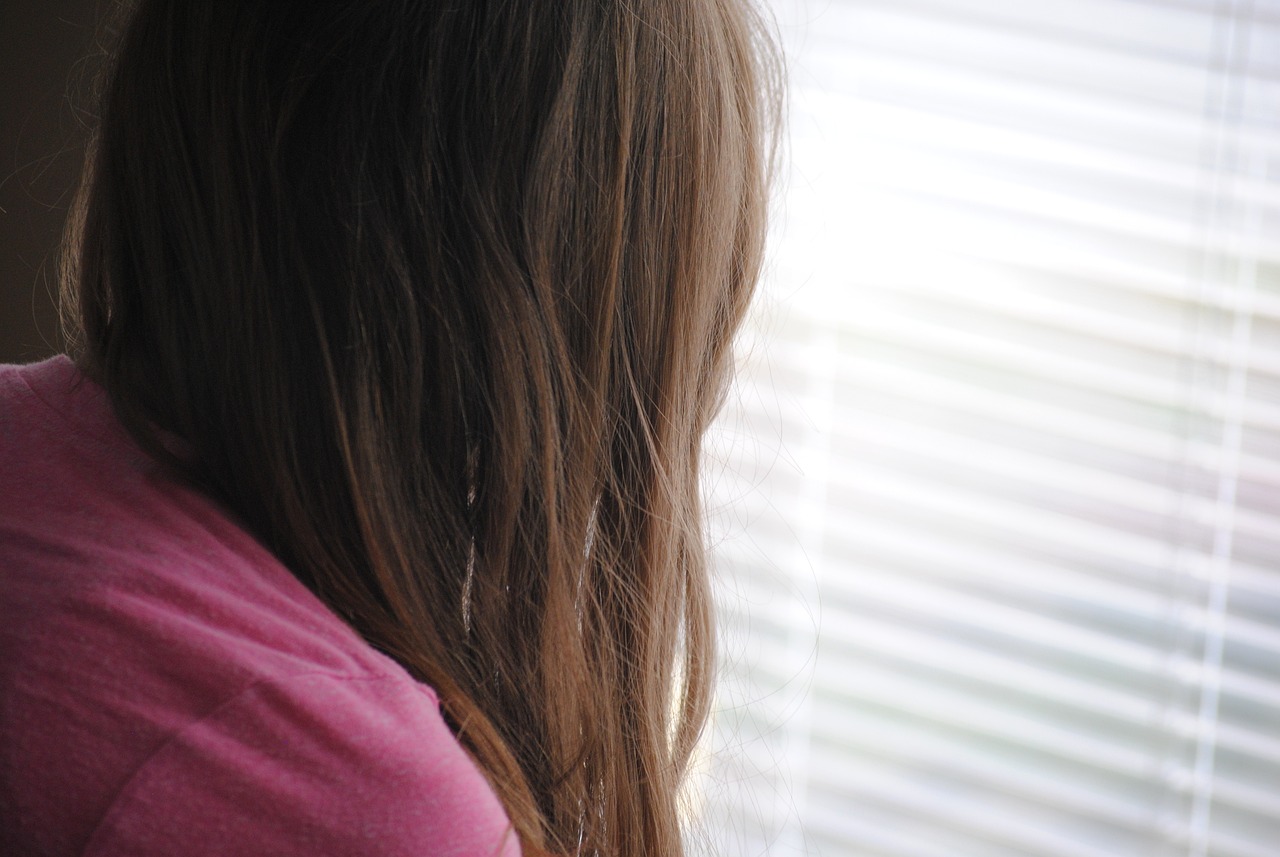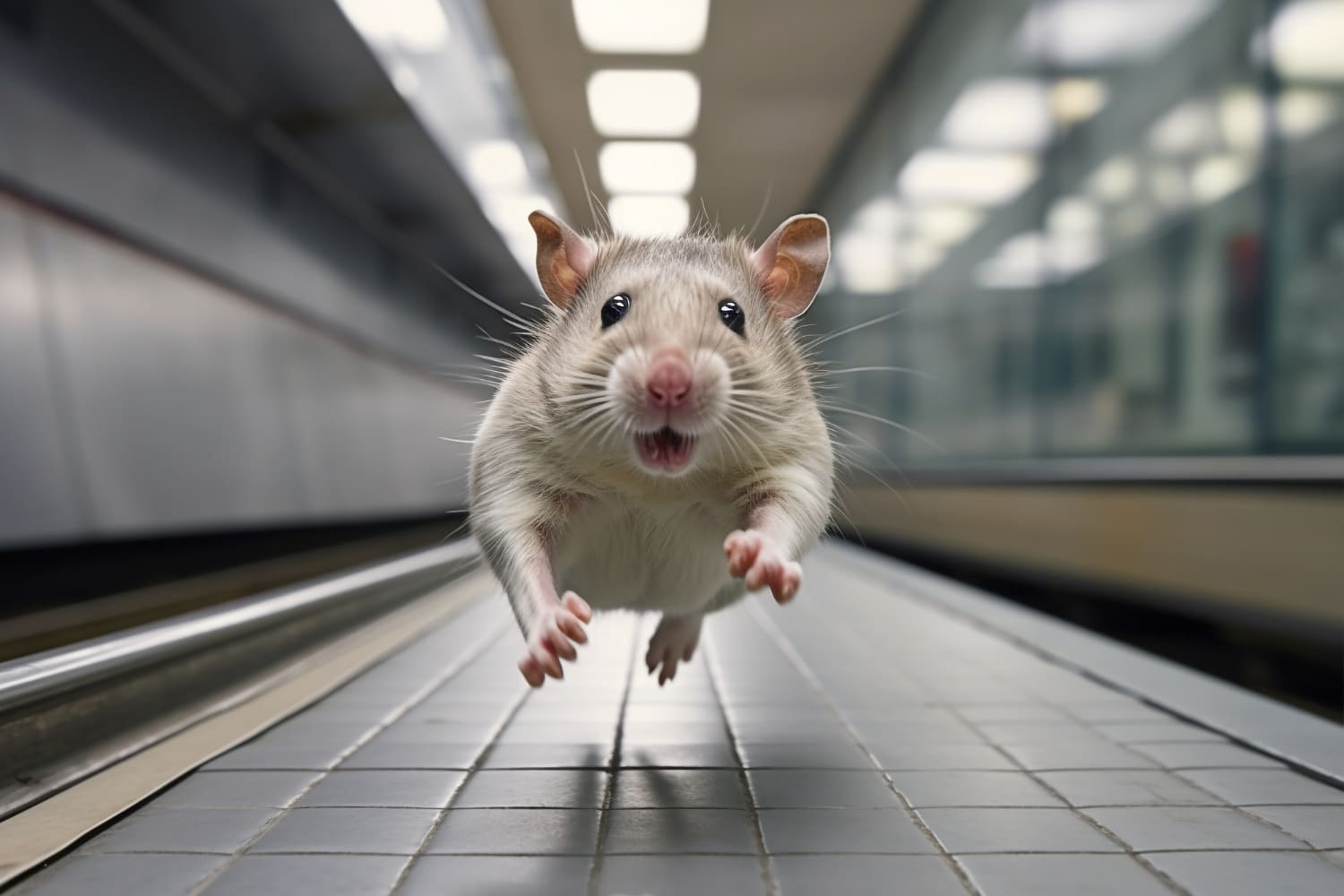Experts call for suicide prevention plans that address its social factors
Ahead of World Suicide Prevention Day on September 10, a new series of six articles published in The Lancet Public Health calls for a shift in the narrative. Experts advocate for moving beyond framing suicide solely as a mental health issue, emphasizing the need to recognize the impact of social factors such as poverty, debt, addiction, homelessness, abuse, discrimination, and social isolation.



